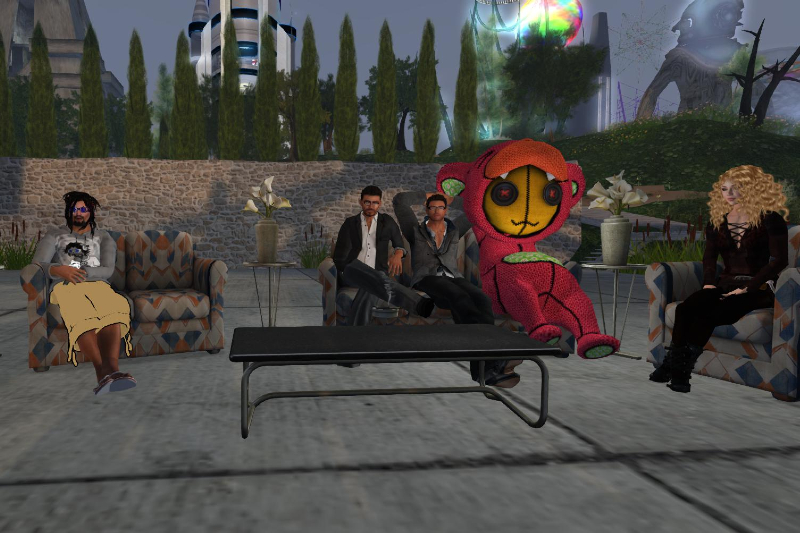
It turns out Facebook CEO Mark Zuckerberg left the planet during an October news cycle that held a spotlight squarely on Facebook. On the Senate floor, whistleblower Frances Haugen testified to the many ways that Facebook has harmed its users as supported by a cache of secret documents. Upon his return to public view, Zuckerberg did nothing to acknowledge those charges, instead releasing a video vision for his company’s future. This projection includes a new name — Meta — and a utopian aspiration to elicit a streaming virtual reality that dodges the reality of a vigorous investigation.
“Video has become the main way that we experience content … but this isn’t the end of the line. The next platform in media will be even more immersive. An embodied internet where you’re in the experience, not just looking at it. We call this the metaverse,” Zuckerberg says in Facebook’s almost 80-minute streaming Connect 2021 vision statement.
What is this place? Is it as fantastic as Zuckerberg claims? And is it as imminent as the CEO wants people to believe?
Technologists describe the metaverse as an enduring, shared, 3D virtual environment where people can meet for activities ranging from playing games to conducting business. The metaverse incorporates technologies like virtual reality and augmented reality to create its own world.
You can catch glimpses of the metaverse today in virtual worlds offered by Roblox, Fortnite, even from Second Life, which began all the way back in 2003. These applications, however, are missing two critical aspects of a ‘real’ metaverse.
First, though these games, to varying extents, use virtual reality and augmented reality to place users ‘in world,’ Zuckerberg describes the metaverse as “an embodied internet that you’re inside of rather than just looking at.”
“The defining quality of the metaverse is presence, which is this feeling that you’re really there with another person or in another place,” Zuckerberg said during a recent conference call with Facebook stock analysts.
Second, a true metaverse is interconnected, not a collection of “walled gardens” — metaverse-like 3D experiences that users can control, but don’t connect to the broader internet.
Users will be able to access the metaverse from devices — smartphones, PCs, virtual reality headsets, and augmented-reality smart glasses. Right now, companies like Microsoft, Nvidia, and Unity Software, in addition to Facebook, are among those producing this hardware and applications for a next-generation internet with these capabilities. While these firms are positioning themselves as metaverse leaders, it’s hard to envision these ultra-proprietary technology companies sharing the metaverse.
Related Guides
On Oct. 25, the social network said investments into its metaverse ambitions, via Facebook Reality Labs, will reduce overall operating profits by about $10 billion in 2021. That’s a big slice of real money to spend on a virtual world and shows the belief Zuck’s got in the efficacy of a digital world.
“Creation, avatars, and digital objects are going to be central to how we express ourselves, and this is going to lead to entirely new experiences and economic opportunities,” Zuckerberg says in Connect 2021.
In July, Zuckerberg told The Verge that it could take five years for Facebook to transition from social media to the metaverse. Facebook stock will begin trading as Meta stock under the ticker ‘MVRS’ on Dec. 1. Whether or not this takes the heat off of Facebook in the courtroom is a whole ‘nother question.
If you’re interested in digging deeper into Zuckerberg’s vision, you can check out the entire video below.
Read More: The Matrix 4 Trailer Is Here



